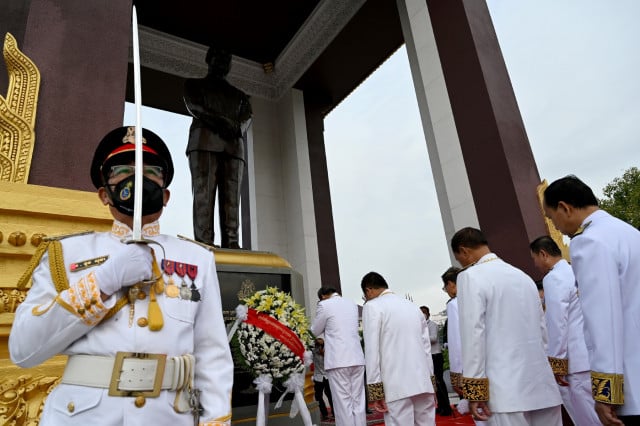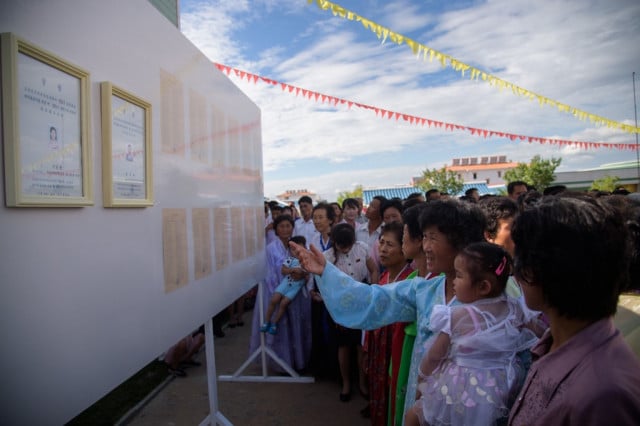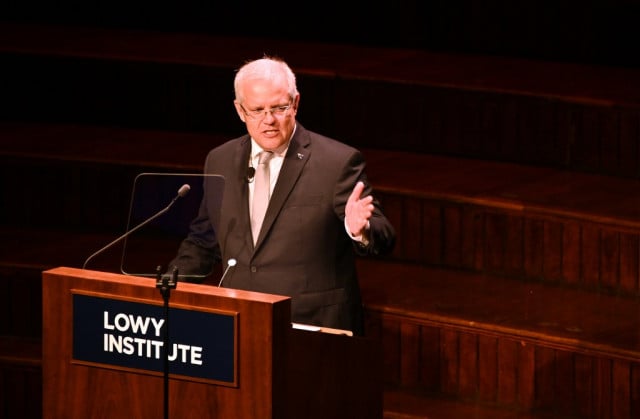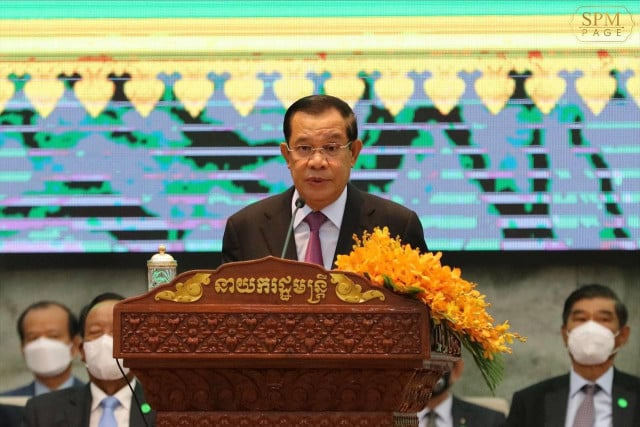The Late King Norodom Sihanouk Remembered

- By Meng Seavmey
- October 16, 2022 1:00 PM
PHNOM PENH – Cambodia on Oct. 15 marked the 10th anniversary of the death of the King Norodom Sihanouk with official events that were held in memory of a king who was determined to make the country an independent and dynamic state.
Senior officials on Oct. 15 paid homage to the king at the Norodom Sihanouk Memorial where the statue of the late king stands tall. The memorial is east of the Independence Monument erected at the king’s request in the late 1950s to celebrate Cambodia being an independent nation.
A ceremony was also held on Oct. 15 at the late king’s stupa on the Royal Palace grounds and attended by his son King Norodom Sihamoni and Queen Norodom Monineath Sihanouk, the late king’s wife. Prime Minister Hun Sen, Senate President Say Chhum and National Assembly President Heng Samrin also took part in the ceremony.
“October 15, 2022 is the 10th anniversary of the death of King Father Norodom Sihanouk,” the prime minister wrote on his Facebook page on Oct. 15. “Today, the people, government officials and provincial governors came to lay a wreath to express their gratitude at the statue of King Father Norodom Sihanouk.”
Hun Sen also wrote in his Facebook post that, by laying wreaths and paying him homage on Oct. 15, government leaders, officials and the armed forces had expressed their deepest gratitude to the late King Father for all the efforts he made for his motherland, Cambodia.
Born on Oct. 31, 1922, as the first child of King Norodom Suramarit, who reigned from 1955 to 1960, and Queen Sisowath Kossamak, King Sihanouk acceded to the throne in 1941 at the age of 18. His coronation ceremony took place on May 13, 1941, coordinated by the Cambodian Crown Council.
In the early 1950s, King Norodom Sihanouk went about obtaining Cambodia’s independence from France. Successful, he proclaimed the country’s independence on Nov. 9, 1953, putting an end to nine decades of French control.
Two years later, King Norodom stepped down as king in order to enter politics, founding in 1955 the political party Sangkum Reastr Niyum (People's Socialist Community). Over the following years, the late king served as prime minister until March 1970 when he was taken out of power by General Lon Nol.
The late king then became the official head of the Khmer Rouge forces that were waging war against the Lon Nol regime. In a radio address on March 24, 1970, he launched an appeal to Cambodians, urging them to back Khmer Rouge forces and members of the Communist Party of Kampuchea to fight against the army of the Lon Nol government. The Khmer Rouge took control of the country in April 1975, and in April 1976, Prince Sihanouk resigned as head of state. He would remain under house arrest until the Khmer Rouge’s defeat in January 1979, which was followed by the People’s Republic of Kampuchea being established in the country.
The late King Sihanouk, who had been evacuated to Beijing by the Khmer Rouge as they were fleeing the country, became in 1982 head of the Cambodian National Resistance and head of state of the Democratic Kampuchea regime outside the country. In 1981, he had also formed a resistance movement namely the National United Front for an Independent, Neutral, Peaceful and Cooperative Cambodia (FUNCINPEC) to stand against the government in Phnom Penh.
After a long period of negotiations that eventually put an end to the civil war, the 1991 Paris Peace Agreements were signed in France on Oct. 23, 1991. The late king came back to Cambodia in November 1991.
Following the 1993 national elections organized by the United Nations Transitional Authority in Cambodia (UNTAC), a government was formed. On Sept. 24, 1993, King Sihanouk promulgated the new Constitution of Cambodia, which had been drafted by the Constituent Assembly, and was reinstated as king of Cambodia.
The late King Norodom Sihanouk abdicated again in 2004, which led to his son King Norodom Sihamoni acceding to the throne. In ill health toward the end of the 2010s, he was hospitalized several times in Beijing where he passed away. His death was officially announced on Oct. 15, 2012.
King Norodom Sihanouk is remembered as a political leader of the 20th Century who marked the history of Cambodia as well as of Southeast Asia.















